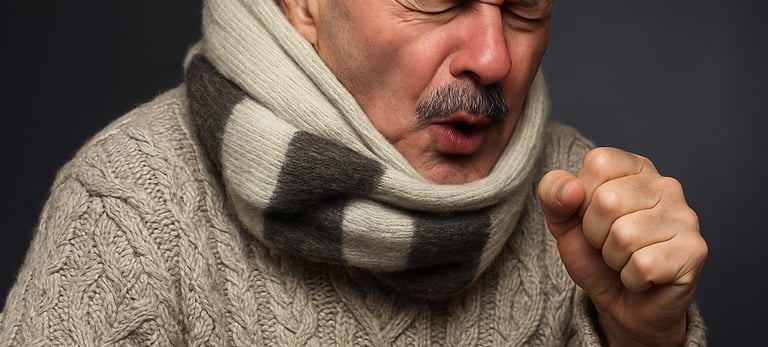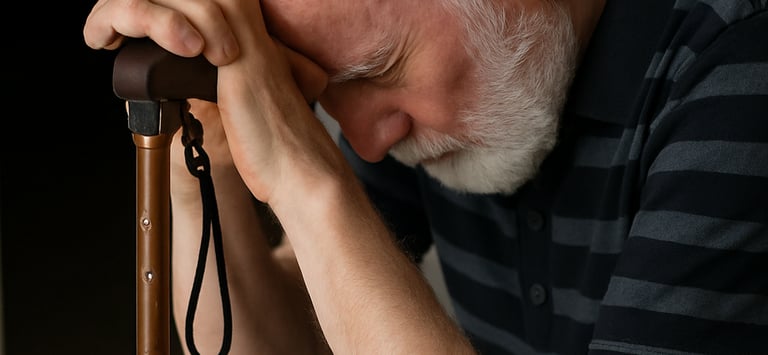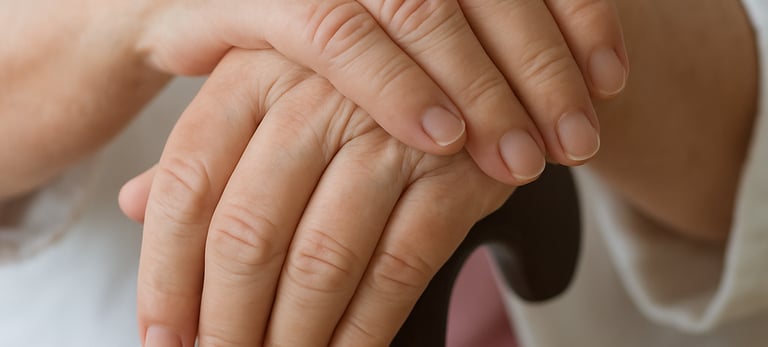Parkinson’s disease is a progressive neurological disorder that affects a person’s ability to move, control muscles, and maintain balance. Though it develops slowly, its impact can be life-altering. At Myo Physio at Home, we specialize in non-invasive, home-based Parkinson’s therapy to help patients retain independence, manage symptoms, and improve their overall quality of life.
Our experienced physiotherapists come directly to your home with personalized plans, focusing on movement retraining, strength building, and neurological rehabilitation—right where you feel most safe and supported.
What Causes Parkinson’s Disease?
Parkinson’s disease develops when brain cells that produce dopamine—a chemical messenger crucial for movement—begin to die. The exact cause remains unknown, but these are contributing factors:
Genetic mutations (rare)
Environmental exposure to toxins
Aging-related changes in the brain
Chronic oxidative stress and inflammation
Early Symptoms of Parkinson’s
Parkinson’s starts subtly. Watch out for these signs:
Slight tremors in hands, fingers, or lips
Muscle stiffness or rigidity
Slow movements (bradykinesia)
Decreased facial expression (“mask face”)
Change in handwriting (smaller, cramped letters)
Imbalance or stooped posture
When to Seek Immediate Medical Care
Some Parkinson’s symptoms require urgent attention:
Frequent falls or complete loss of balance
Severe rigidity interfering with daily tasks
Sudden freezing episodes (legs feel stuck while walking)
Trouble swallowing, leading to choking or aspiration
Rapid mental decline or severe confusion
In such cases, consult a neurologist immediately and initiate multidisciplinary therapy.
Effective Parkinson’s Treatment at Myo Physio at Home
We believe movement is medicine. Our Parkinson’s program is built on neurorehabilitation principles that help maintain function and prevent decline.
Our Home-Based Parkinson’s Services:
Neuro Physiotherapy
Exercises to improve motor planning, reduce tremors, and enhance brain-muscle coordination.Gait Training
Step pattern correction, foot clearance drills, and rhythm enhancement for better walking.Balance & Fall Prevention Therapy
Dynamic and static exercises to improve postural control and reduce fall risk.Manual Therapy
Muscle mobilization and stretching to reduce stiffness and joint immobility.Strength Training
Focused resistance exercises for leg, trunk, and arm muscles.Posture Re-Education
Techniques to correct stooping and realign the spine.ADL Training
Therapy for dressing, bathing, eating, and grooming independence.Caregiver Education
Family support on safe transfers, positioning, and motivation strategies.
How We Help Manage Parkinson’s Long-Term?
🧠 Neuroplasticity Training – Stimulates brain recovery pathways
🕐 Routine Establishment – Reduces unpredictability in movement
🍎 Diet & Lifestyle Tips – Encourages brain and body health
🧘♂️ Stress & Mindfulness Guidance – Calms tremors and enhances focus
🔁 Regular Progress Reviews – Adjusts goals based on patient needs
Our goal is not just survival—but a more confident, mobile, and independent life.
Frequently Asked Questions (FAQs)
Q1. Can Parkinson’s be cured?
A: No, but it can be managed effectively with consistent therapy, medication, and lifestyle changes.
Q2. How often should therapy be done?
A: Initially, 4–5 sessions per week are recommended. This may reduce as the patient stabilizes.
Q3. Is it safe to exercise at home with Parkinson’s?
A: Yes—when guided by trained neuro-physiotherapists. We create safe and supervised programs.
Q4. What stage is best for starting therapy?
A: As early as possible. Even mild symptoms respond better to proactive rehab.
Q5. Will home therapy improve tremors?
A: While it can’t eliminate tremors, it improves motor control and reduces their impact on daily life.




Best Parkinson's Disease Treatment at Home
-in Gurugram, Delhi NCR, Noida & Faridabad


Get in touch
Quick Links
Health
Recovery
myophysio312@gmail.com
+919811527312
+918810530087
© 2025. All rights reserved. - Myo Physio At Home


